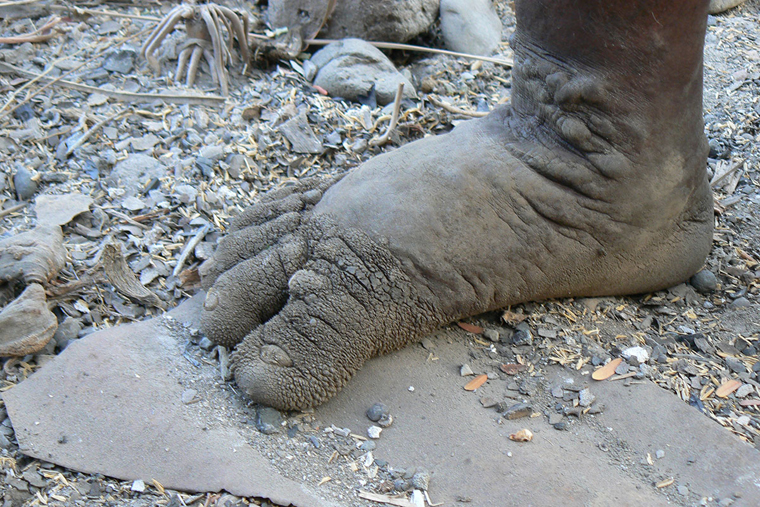The work of Washington University’s Death to Onchocerciasis and Lymphatic Filariasis (DOLF) Project, which performs research in support of global efforts to eliminate neglected tropical diseases, has been recognized with a Public Library of Science (PLoS) collection of publications. The DOLF Project is co-led by Peter U. Fischer, PhD, a professor of medicine, and Gary J. Weil, MD, the Gerald & Judith Medoff Professor of Infectious Diseases and a professor of medicine and of molecular microbiology, both at Washington University School of Medicine in St. Louis.
About 800 million people worldwide are at risk of developing lymphatic filariasis, also known as elephantiasis, a disfiguring and disabling mosquito-borne worm infection that causes massive swelling in the legs, feet and scrotum. The collection contains 11 articles by the DOLF Project on the safety, efficacy and acceptability of mass administration of a triple-drug combination known as IDA (ivermectin, DEC and albendazole) for lymphatic filariasis.
Read more on the School of Medicine website.




Comments and respectful dialogue are encouraged, but content will be moderated. Please, no personal attacks, obscenity or profanity, selling of commercial products, or endorsements of political candidates or positions. We reserve the right to remove any inappropriate comments. We also cannot address individual medical concerns or provide medical advice in this forum.